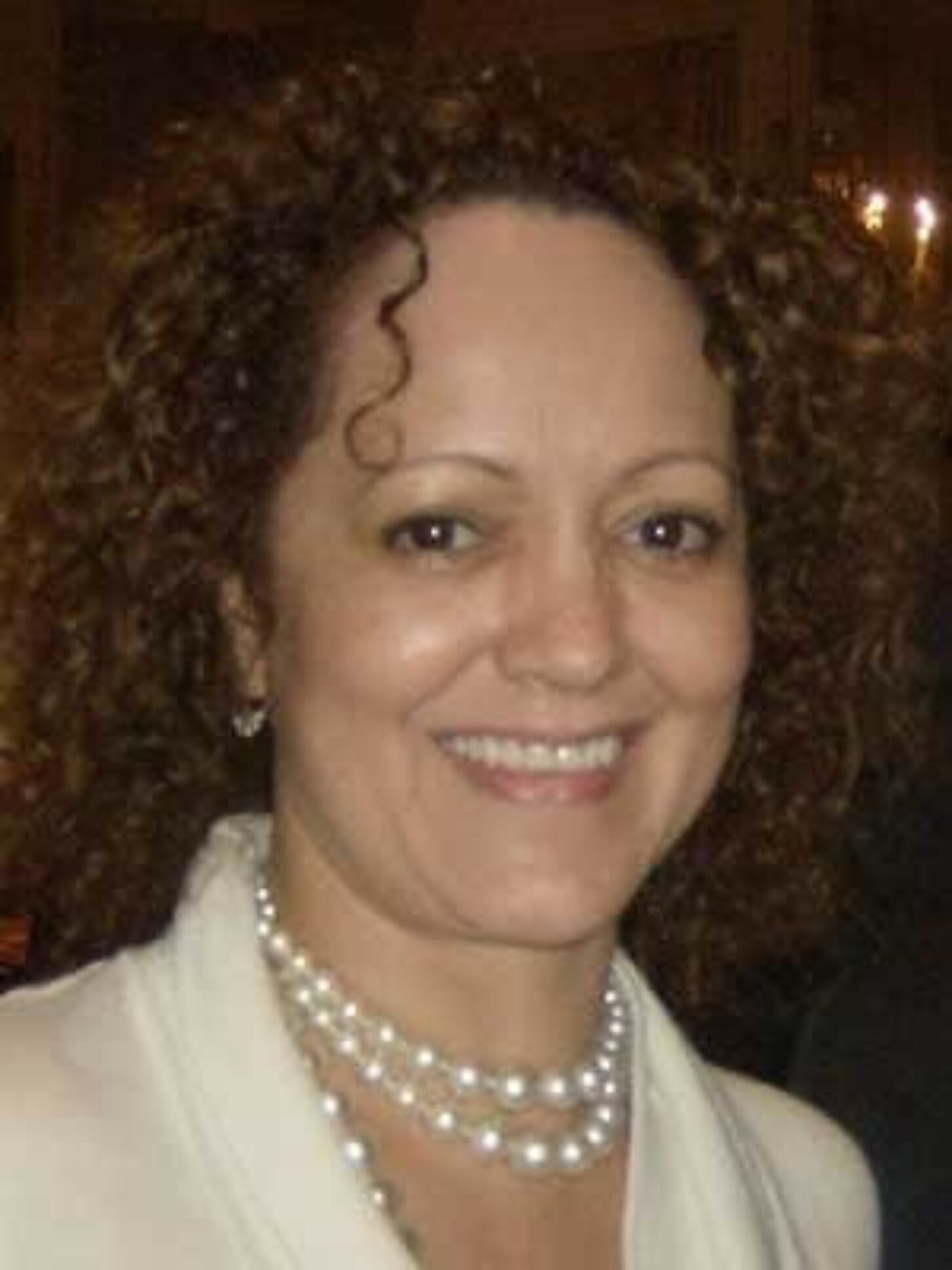
 Health Policy Briefs: April 10, 2012
Health Policy Briefs: April 10, 2012
Compiled by Benita Dodd
Empaneling bad ideas: Georgia Congressman Phil Gingrey, a physician and the chairman of the House Republican Doctors Caucus, writes in USA Today’s April 10 edition that the 15-member Independent Payment Advisory Board established under the federal health care law is a bad idea. “Without full repeal, this unelected, unaccountable and undemocratic denial-of-care board will shift decisions away from physicians and patients, bypass congressional oversight and focus on slashing Medicare costs instead of improving quality of care,” Gringrey warns.
“With the Medicare trust fund set to go broke as early as 2016, improvements must be made to ensure the long-term solvency of Medicare — but IPAB is not the solution. Implementing meaningful medical liability reform, while preserving the current system for those 55 years of age and up, and allowing the private sector to compete for younger generations will be critical.”
Supremely confident: Georgia Attorney General Sam Olens, who last month attended the oral arguments before the U.S. Supreme Court on the constitutionality of the federal Patient Protection and Affordable Care Act, says he came away confident the nation’s highest court will rule the individual mandate unconstitutional. But he says it’s ill-advised to rely on the justices’ questions as a clue to how they will vote, the Marietta Daily Journal reports. Justice Kennedy asked tough questions of both sides, he noted, particularly on the issue of should the rest of the law stand if the mandate is ruled unconstitutional. Read more: Olens confident high court will reject health mandate
Mandating bad ideas: Is the individual mandate the answer for those people who don’t have insurance? Not according to John Goodman of the National Center for Policy Analysis. Writing in Townhall.com, Goodman notes that low income individuals will need health care from time to time. “The evidence suggests that the best way to provide that care is not through an insurance plan, however. We don’t have food insurance for the poor. We give them food stamps. They add their own money to the food stamps and they can buy in any store you and I enter and pay the same prices we pay. We could do the same in health care.” Read more in Goodman’s Mandates vs. Free Riders.
Promising developments: How about a vaccine that can train cancer patients’ own bodies to seek out and destroy tumor cells? The Telegraph newspaper reports that researchers at Vaxil Biotheraputics and Tel Aviv University have developed a therapeutic vaccine that allows a person’s immune system to detect and destroy cancer cells. The vaccine targets a molecule found in 90 percent of all cancer types, which can help the immune system identify tumors. In a safety trial involving 10 patients with multiple myeloma, seven patients who received the vaccine had better immunity against cancer cells, and the others had no detectable cancer after treatment ended. Cancer cells usually evade patient’s immune systems because they are not recognized as a threat. While the immune system usually attacks foreign cells such as bacteria, tumors are formed of the patient’s own cells that have malfunctioned.
Quote of Note: “Every serious study that has ever been done on the subject has found that patients spend less on health care when they are spending their own money. The latest study by the RAND Corporation estimates that families with high deductible plans and Health Savings Accounts spend about 30 percent less than families with conventional insurance. And that’s with HSA plans designed by Congress. Think how much more effective the accounts could be if they were designed by the marketplace.” – John Goodman, National Center for Policy Analysis
